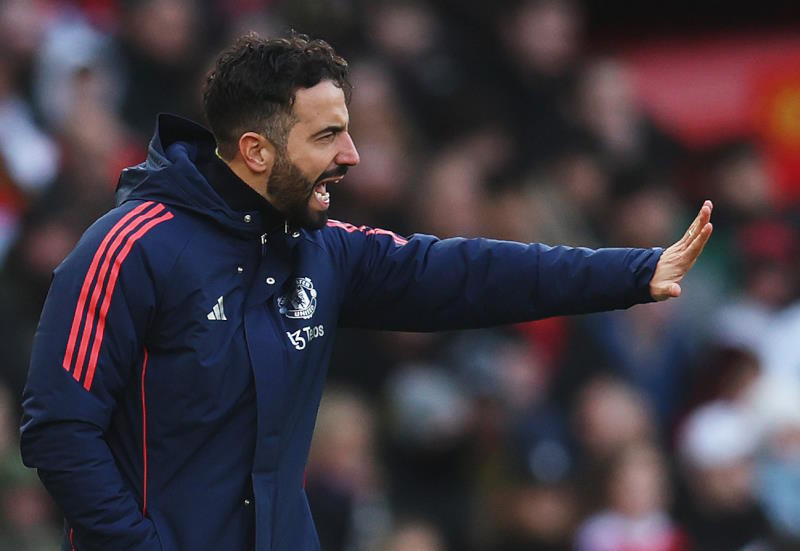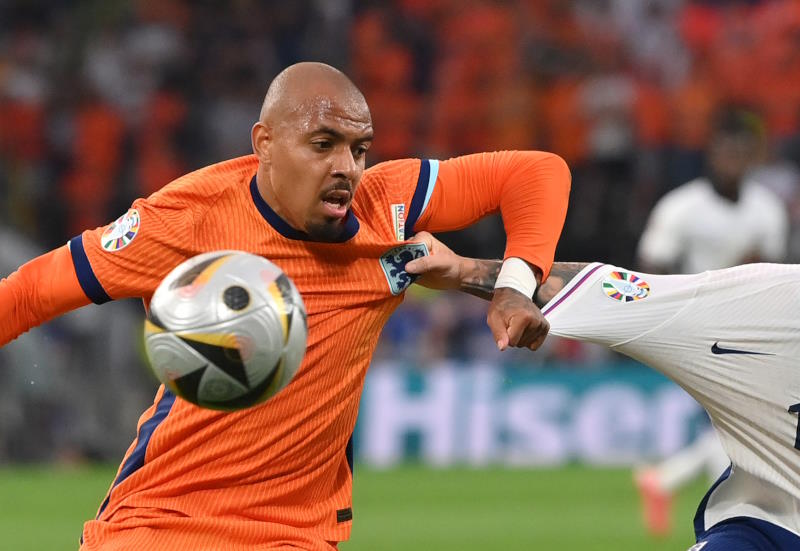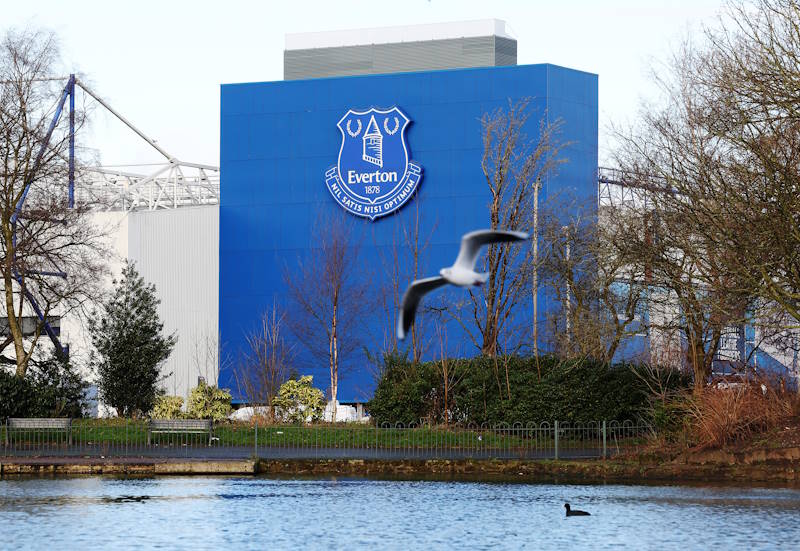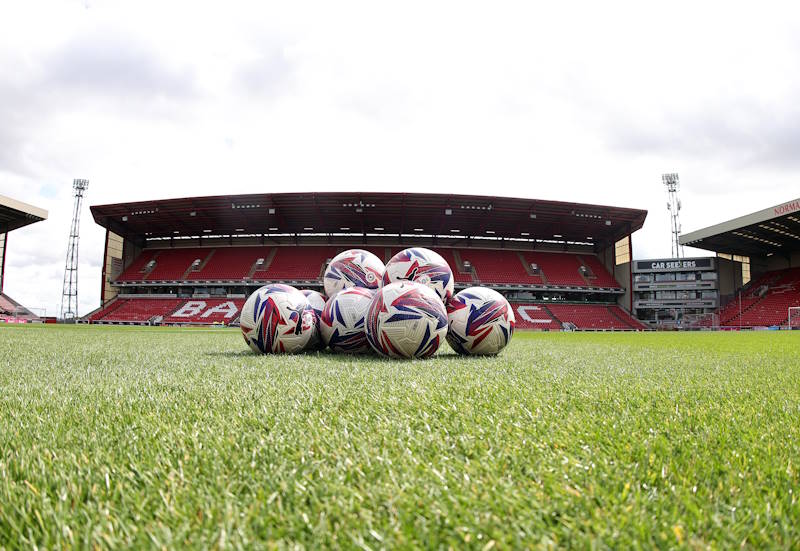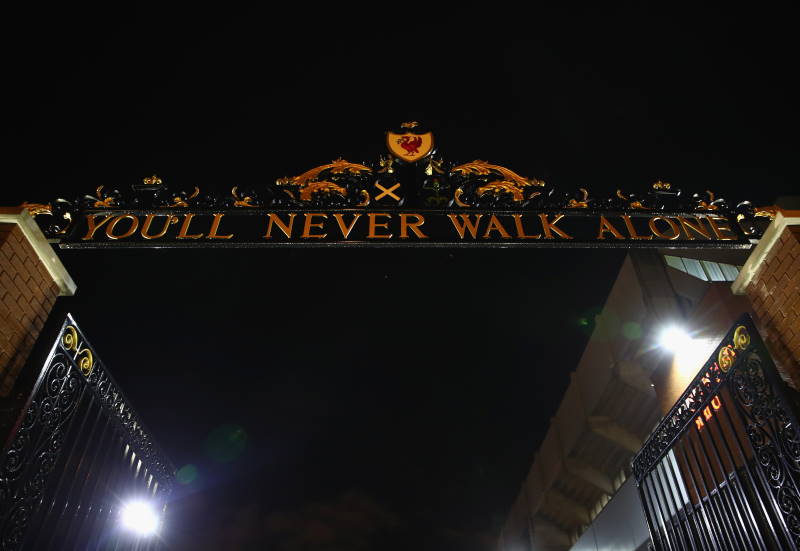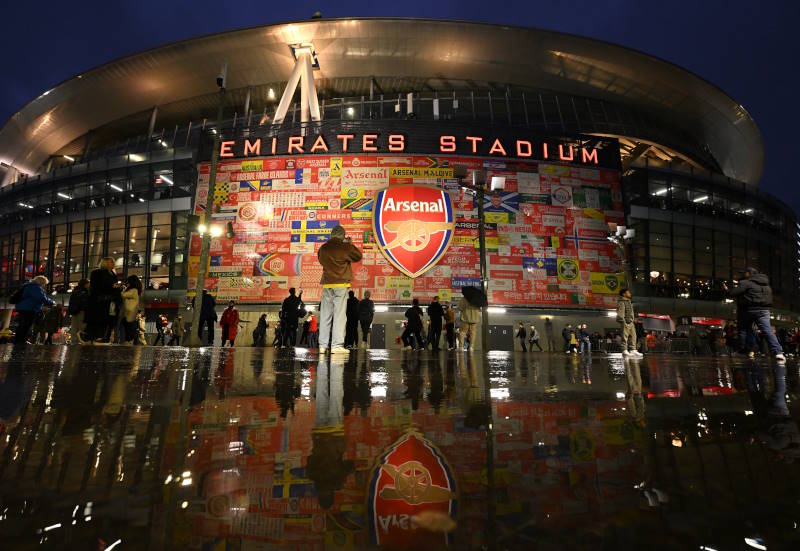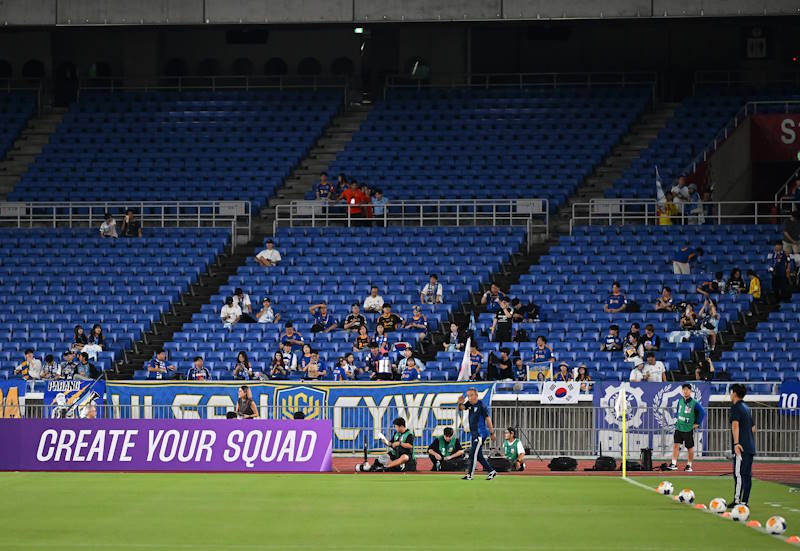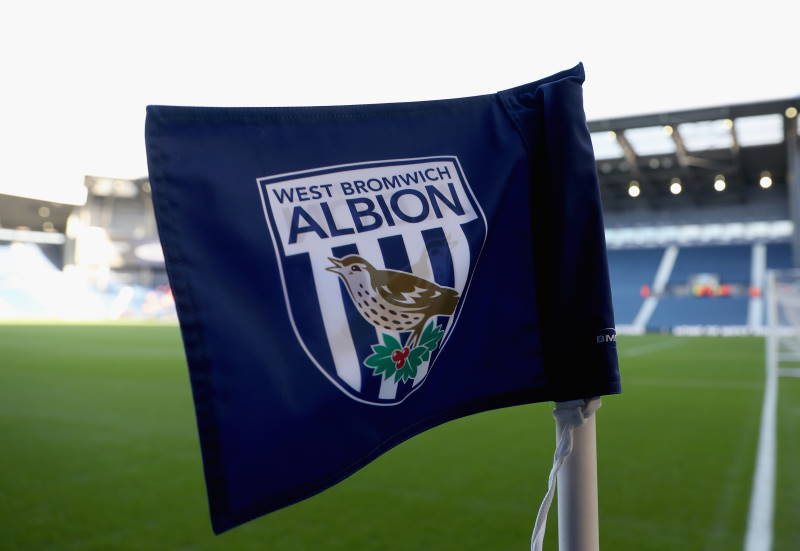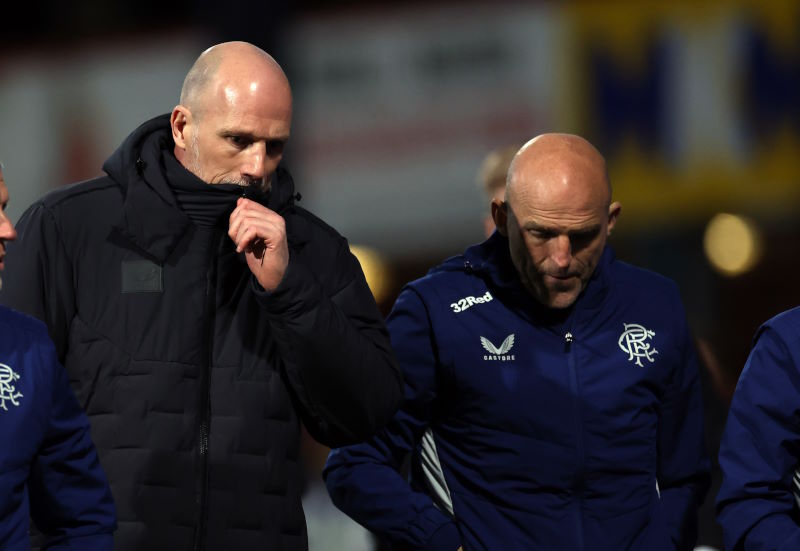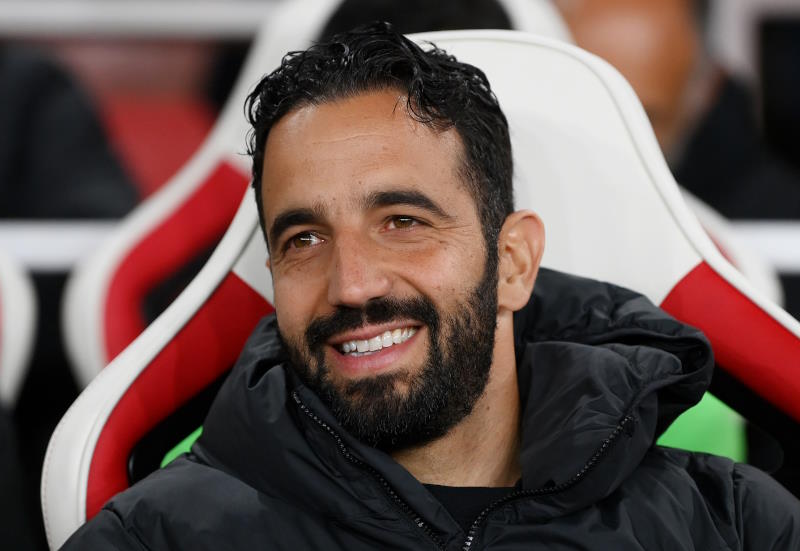
Going into this week’s encounter with Ajax at the Etihad Stadium, Manchester City know they simply must win, and possibly even then the Europa League will be the best they can hope for. Their Champions League dream seems to be over already again, having taken one point from three games against the champions of Spain, Germany and the Netherlands.
Victory over Ajax would at least give the Citizens a fighting chance of the knockout phase, but if Real Madrid can get revenge over Borussia Dortmund at home then it is difficult to see a realistic path to the Round of 16 for Roberto Mancini’s side. Which begs the obvious question – why are the English champions struggling with the demands of European football?
The first excuse given last season was inexperience. This was an inadequate explanation. Napoli, after all, had no more experience at Champions League level than Manchester City in 2011/12. In fact, the Italians had less, as at least some of Mancini’s players had performed in the competition for other teams. And this year Dortmund, likewise, have no more experience than Manchester City, having also made their debut last year. Other teams, such as Paris Saint-Germain and Malaga, look comfortable on their own debuts in the competition, while even the minnows of BATE Borisov are competitive.
Manchester City’s problems are rooted in defence and tactics. In only two of their nine Champions League games so far have they kept a clean sheet. In four matches last season, Mancini saw his side fall behind. This year, the Italian has corrected that problem and Manchester City led at the Bernabeu and the Amsterdam ArenA, yet conceded three times on both occasions. And the gods of fortune and some profligate finishing saved the Citizens from embarrassment at home against Dortmund.
In only three games so far have Manchester City looked like a competitive team at Champions League level. In last season’s competition, the English side looked every bit a Champions League calibre side as they ground out a crucial home win over Villarreal and then won the return in Spain without ever really getting out of second gear; but Villarreal were relegated from La Liga last season. Then Mancini’s men beat Bayern Munich at home 2-0, however the German side had already won the group and had little to play for. Wins over Villarreal and the Bavarians then were a little misleading.
The reason Manchester City have conceded so many is because, to put it simply, they have often been playing teams better than them. That owes in part to bad luck in the group stage draw, but also to the reality that the Citzens are still only classed as a third seed at this level due to their lack of European pedigree. And last year that seeding appeared justified as Bayern Munich’s superiority showed – the Germans had better players, a better system and were comfortable winners of the group. This year, Manchester City are finding themselves up against a team arguably even better than that Bayern Munich side in Dortmund, who have broken their rivals’ stranglehold on German football. The Citizens have also played Real Madrid, who along with Barcelona, remain on a level above the rest of Europe’s best sides.
Those factors considered, is too much expected of Mancini’s men? Manchester City may be the champions of England, but the quality of the Premier League’s top teams has declined in recent years. And the Citizens won the league last year on the back of a ruthless attack and solid defence. But a look beneath the statistics makes plain why the side are so resolute in the Premier League compared to Europe. The answer, simply, is that Manchester City’s defensive strength is rooted in the idea that if the opponents do not have the ball, they cannot score. Mancini’s side have dominated possession and prevented teams from exerting pressure on their defence in England, mainly thanks to the brilliance of David Silva, who was key to their stunning start to last season. When his form tailed off in the new year, so did Manchester City’s. It was only when they started focusing their play around Carlos Tevez that the team’s form picked up again and that was crucial to their late surge to the title.
In Europe, Manchester City have had the bad luck to meet teams, in Bayern Munich, Dortmund and Real Madrid, who are more adept at keeping the ball than they are. It is surely no coincidence that in England, the Citizens have looked weakest in matches against Liverpool, Arsenal and Swansea, the three possession focused teams they have faced. When without the ball, Manchester City seem unable to contain their opponents’ pressure on their defence, and concede rather easily.
Yet this is only part of the story – Manchester City last season faced a side, Napoli, who are on paper weaker than they are, and do not play possession football. And last month they were convincingly beaten by an Ajax side who objectively are also weaker. Against both teams, Mancini has been tactically outwitted.
Napoli play a system which works particularly well against bigger teams who look to attack them. With a three-man defence and defensively-minded midfield quartet, Napoli are well organised at the back and look to hurt teams on the break, utilising their hard working but technically adept front three. This has seen the Azzurri regularly chalk up wins against the traditional powerhouses in Italy, particularly the Milan giants. Mancini was simply unable to think his way round their tactical system.
The same is true of Ajax, where in the game in Amsterdam, Mancini’s side played narrow at first, allowing space for the Dutch side out wide. But Gael Clichy and Micah Richards are both attacking full backs whose weakness can come in the way they will leave their teams exposed on the flanks, while Joleon Lescott has often shown his defensive vulnerability at the highest level. And with Christian Eriksen playing as a type of ‘false nine’, the Dane would drop back to create effectively a four-man central midfield which outnumbered Manchester City’s, enabling Ajax to dominate possession even though on paper their players were not of the same quality as their opponents’.
The Premier League champions still went ahead in Amsterdam with a breakaway goal scored by Samir Nasri. After the goal they went to a 4-4-2 formation with James Milner and Nasri meant to support their full backs. As the duo’s time at Arsenal proved, a combination of a Nasri-Clichy left flank can be wonderfully inventive going forward, but extremely vulnerable defensively. And that was the wing through which Ajax equalised. The pressure told in the second period as Ajax’s domination of possession led to further goals.
To an extent Manchester City are the victims of bad luck. There are few teams better on paper than the English champions in Europe and to be drawn with two in their Champions League group is misfortune. But their real problem is that they are not good enough defensively to deal with sides better in possession than they are. And those teams who are weaker than them on paper are able to tactically outfox Mancini. Until they can address those problems the Citizens are likely to continue to toil at this level.

